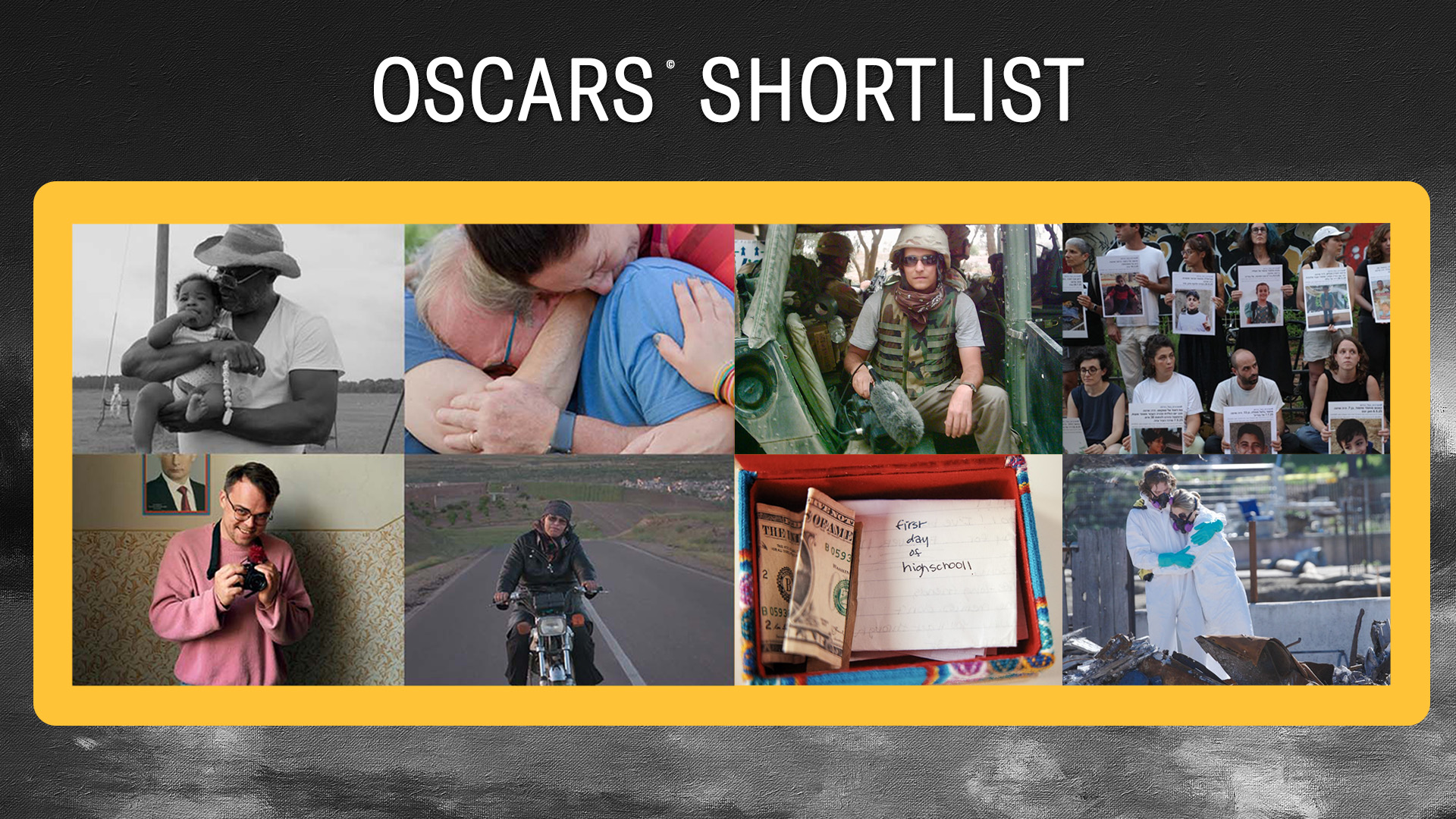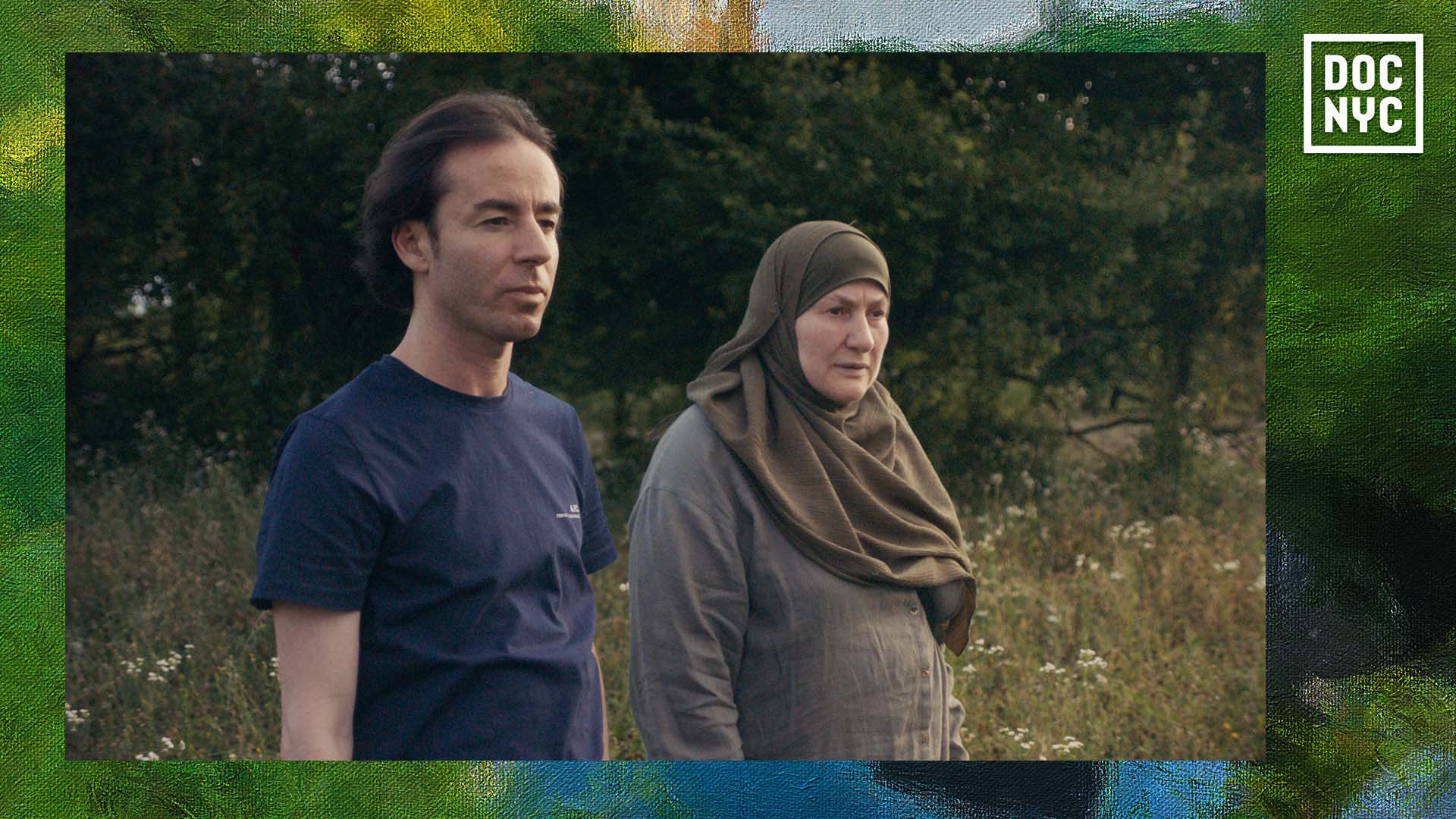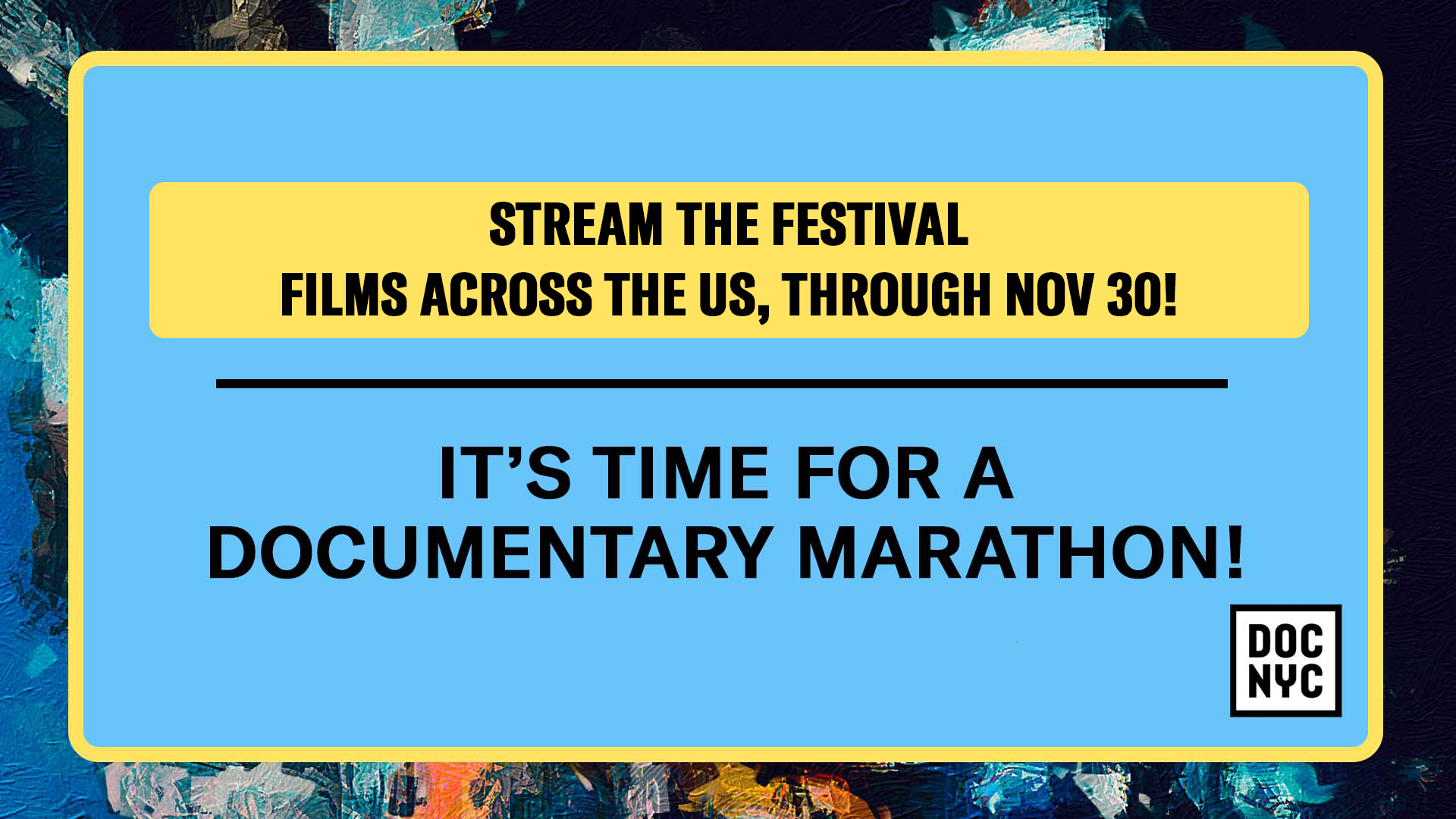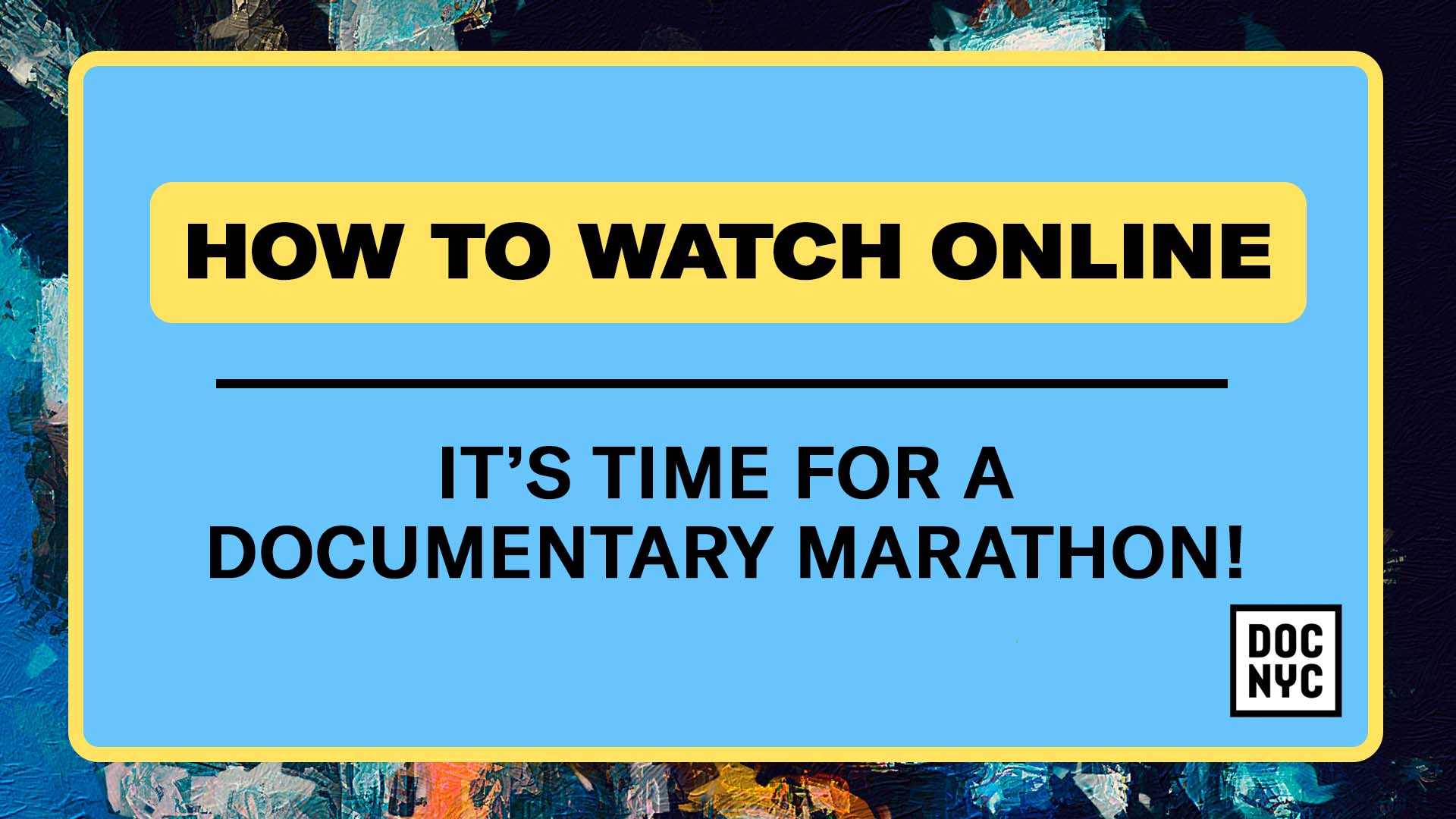Dirty Wars: Tracing the True Costs of the War on Terror
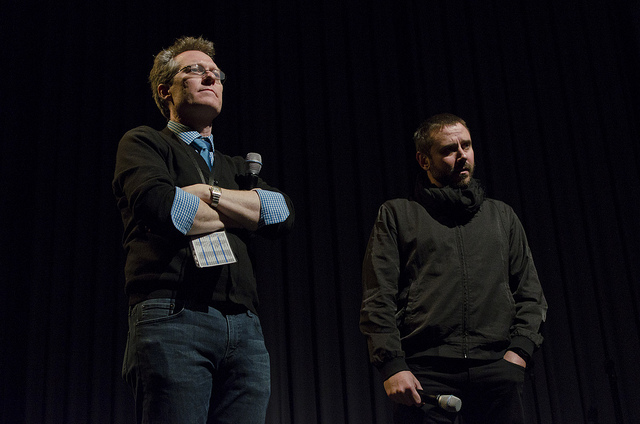
This post was written by DOC NYC blogger Katie Lewin

DIRTY WARS, which screened at DOC NYC on Saturday morning, is a film that tells the increasingly familiar story of covert operations, civilian attacks, and subsequent military cover-ups that have been hitting the headlines over the past few years. The film is a collaboration between award-winning war journalist and best-selling author Jeremy Scahill, director/editor Richard Rowley and acclaimed filmmaker and screenwriter David Riker. Listed in DOC NYC’s Short List section, the film has been greeted with positive reviews from many critics and won best cinematography at Sundance.
Scahill starts the film with the comment, “This is a story about the seen and the unseen and the things hidden in plain sight.” Scahill takes investigative journalism to new extremes in his pursuit of the truth about America’s military operations carried out in the name of its worldwide “War on Terror.” Viewers follow his journey into the world of covert operations, beginning with his investigation into an attack made by American soldiers in a remote area in Afghanistan. The operation slowly reveals itself to be a blundered anti-Taliban attack by a secret organization called the Joint Special Operations Command (JSOC), a group that was created specifically to follow orders directly from the White House. The film also follows Scahill as he uncovers the massive scope of JSOC’s operations: 120 countries are now under the jurisdiction of this group, which can target any country and any person that is deemed a threat.
The film is shot in muted tones reminiscent of a newspaper photograph, and its fast pace is suggestive of the speed at which information changes. The journey from Afghanistan, to Yemen, to Somalia and back to the US only leads Scahill more deeply into his never-ending search for answers, and its conclusions are far from satisfying.
Thom Powers, DOC NYC’s artistic director, hosted a Q&A with Scahill following the film’s screening. An audience-member asked Scahill if he feared for his own safety, to which he responded that he was aware of his privilege of being from a country where he did not have to fear the same fate as dissident journalists in Syria or Somalia. Scahill also summarized JSOC’s history, saying it started off as a “scalpel” group for “so-called surgical operations” that is now part of the infrastructure of modern-day warfare. In his final comment, Scahill noted that the original edit of the film ran for four hours. Clearly there is still much left unsaid about the atrocities committed in the name of democracy.
